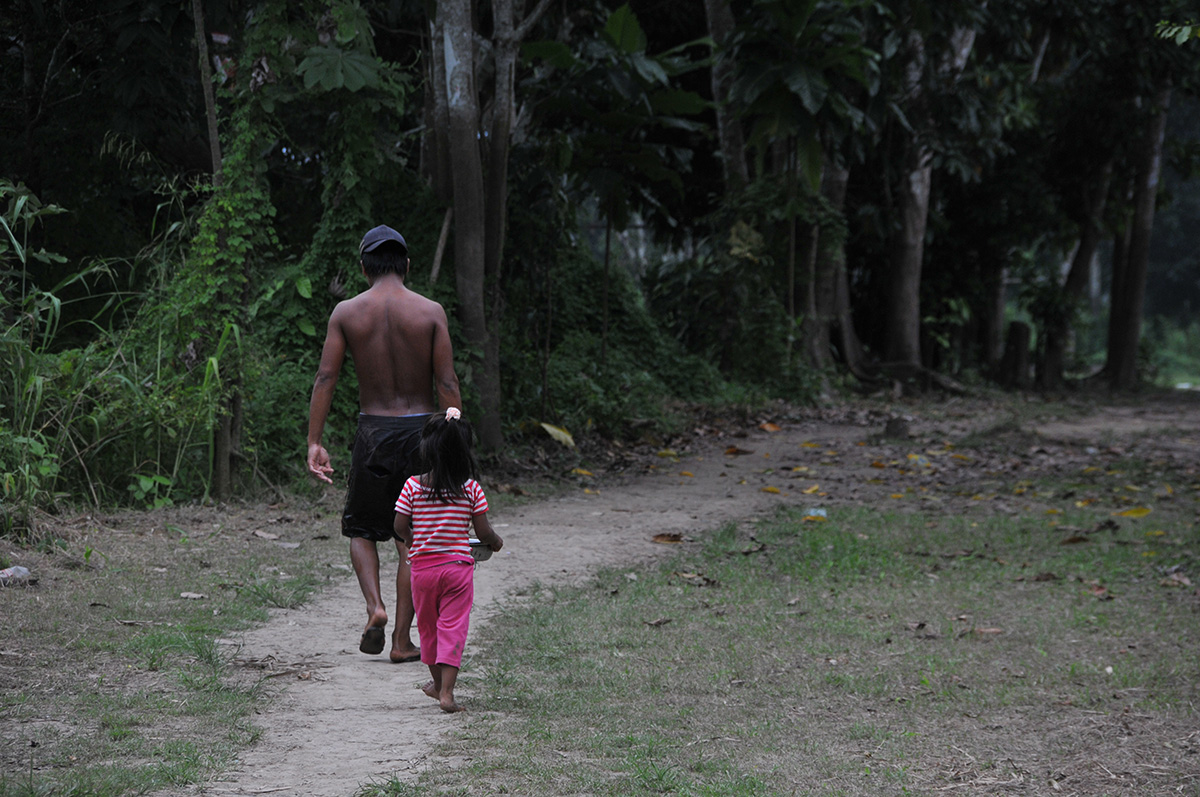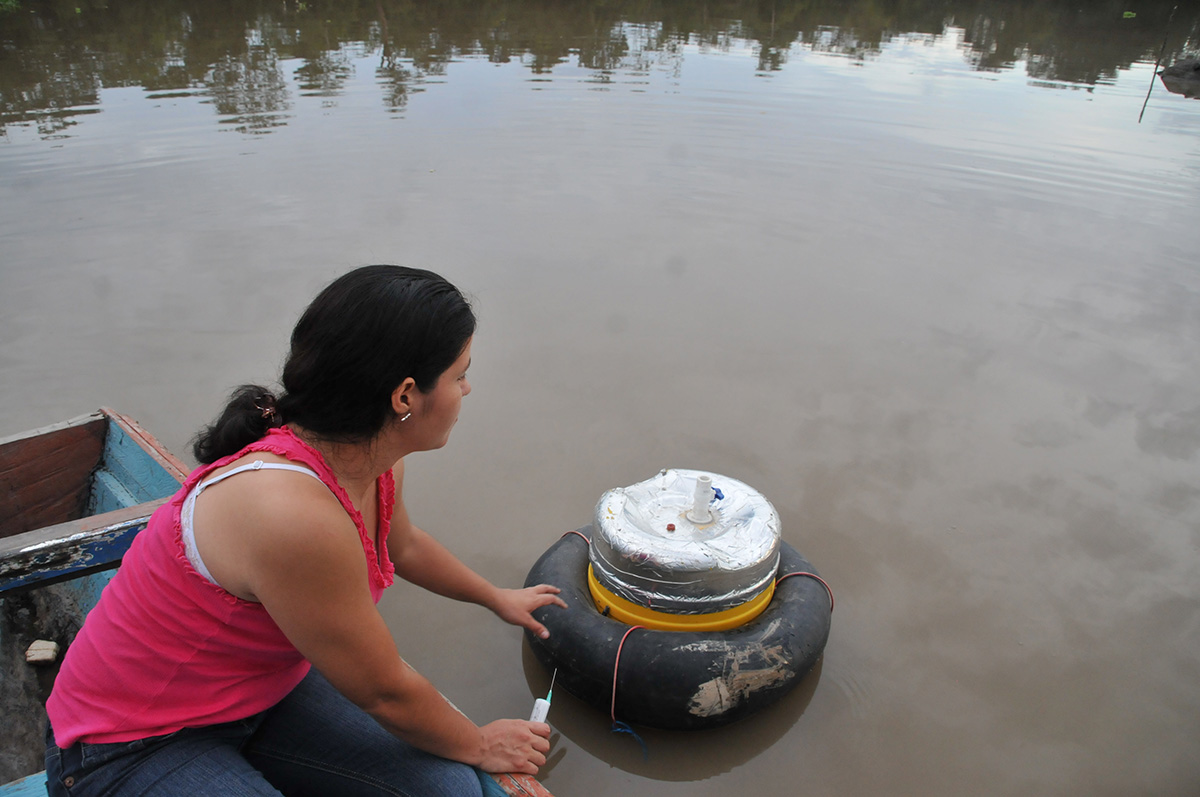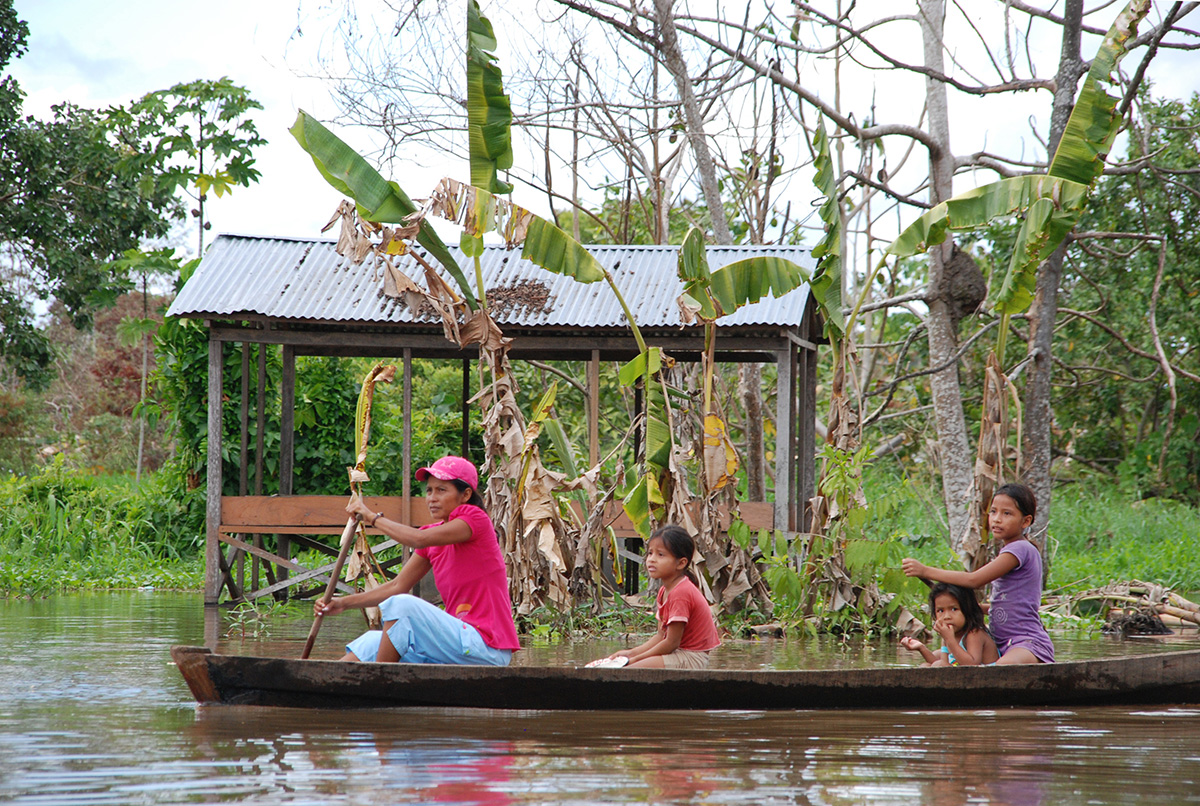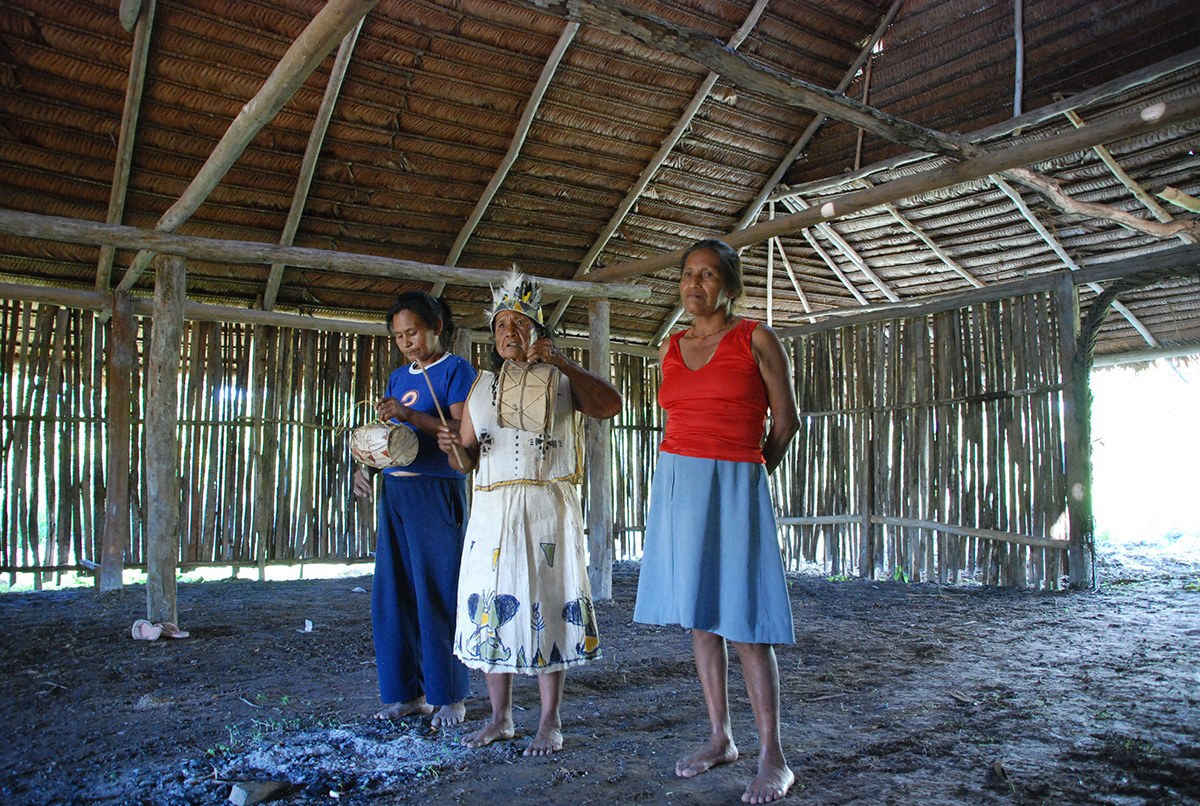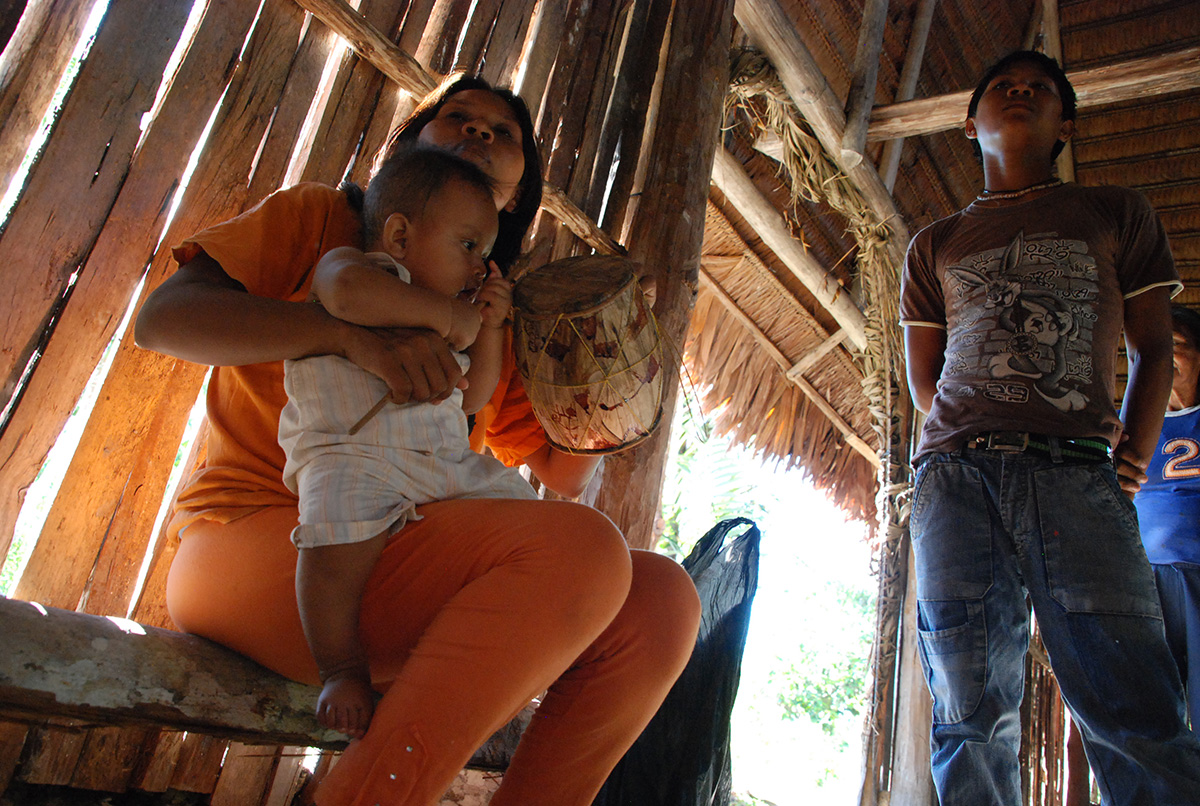The model, developed with eight Ticuna indigenous communities was chosen among the six best projects of the Social Inclusion Biennale supported by Colsubsidio in the "Education and Connivance" category in which 323 projects of 10 countries from Central and South American and the United States participated.
A speaker of the Ticuna language was part of the interdisciplinary group, and all the information was carried out bilingually, explaining social cartography maps which included territory descriptions as for where individual plants and animals species could be found and list of information gathered from many field trips.
After a work of 10 years performed at the Yahuarcaca lagoon system near the city of Leticia, in the Province of Amazonas, the UNal Amazon Limnology Research Group focused on designing a system to benefit the community in schooling age.
"Our purpose was to recover knowledge of the environment-words, myths, understanding of the forest, how nature works, the importance of fish and crops from a rigorous gathering which took us a considerable period," said Professor Santiago Roberto Duque.
The Yahuarcaca lagoon system is an ecosystem located along the Amazon River which includes 21 lakes and 2,800 inhabitants established in Indian reserves.
As the Amazon floods the area every year, the communities have a series of itinerant crops and also are devoted to fishing as their primary form of sustenance.
Despite the significant influence of Western society on these territories, which have led young people to lose enthusiasm and interest in their culture, there is still ancestral knowledge which is eternalized by elders.
Therefore the idea emerged to document this information with the purpose of inserting it into the educational models of schools in line with new Colombian legislation which says indigenous communities have the right to produce their educational material according to the own needs and particularities.
According to Duque as the textbooks provided by the Colombian Ministry of Education do not include these aspects they have requested professors to begin to incorporate them into their curricula.
"If I am going to talk about geography or biology it is better to do so from the perspective of where I live. The participation of elders was high, and they should be the first professors. We also had an Ecologist, a Forest Engineer, seniors and an association of ecological tourism which he helped to create a few years ago," said Duque.
With the first drafts of information gathered we carried out a series of workshops, expositions and educational activities for youngsters to compare this knowledge with their parents.
"Once we had this feedback, youngsters returned to the schools and painted their new knowledge in sketches which were later shown to the rest of the community, and this new material was also included in the professor work guides," said Duque.
As part of the activities included for the Solidary Extension Fund, UNal opened a summons for the "Application of interaction models and articulation from past supported experiences" and then, publish booklets and educational tools to carry the project to a positive ending.
 Correo Electrónico
Correo Electrónico
 DNINFOA - SIA
DNINFOA - SIA
 Bibliotecas
Bibliotecas
 Convocatorias
Convocatorias
 Identidad UNAL
Identidad UNAL




